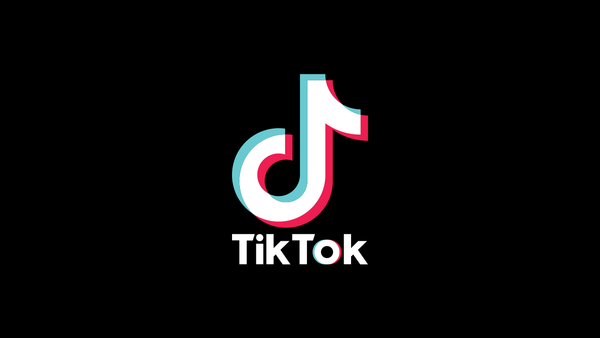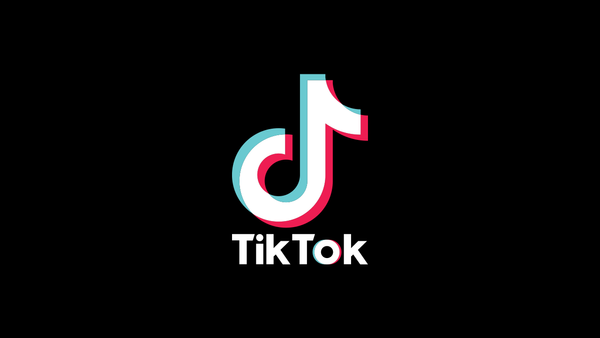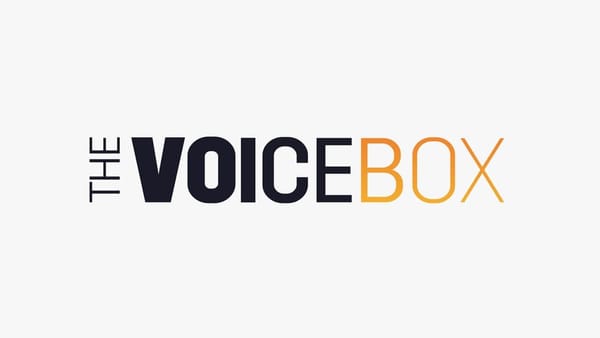FTC ramps up focus on influencer marketing
In November last year, the FTC updated the PDF Disclosures 101 for Social Media Influencers document, which includes a short video overview of disclosure requirements and some disclosure rules for influencers. The update further emphasises that as an influencer, it’syour responsibility
to make these disclosures. While this information is nothing new, the emphasis on influencers’ responsibility indicates a shifting tide in accountability.Earlier this year, the FTC posted a list of “topics likely to be top of mind in months to come” on its website, which included endorsements and influencers. Then in February, the FTC commissioner Rohit Chopra said that he hopes the FTC will consider “codifying elements of the existing endorsement guides into formal rules so that violators can be held liable for civil penalties and damages” that extend beyond measures currently available to the FTC.Legal experts saw the writing on the wall. The question was no longer if, but when, the other shoe would drop. In March, we got our answer. The FTC announced a settlement with Teami that included a $15.2 million judgment related to inadequate disclosures in Teami’s influencer campaigns. Although the #teamipartner hashtag was used, the disclosure was not visible unless a user tapped “more,” and video posts did not include an audio disclosure. This case highlights how specific the FTC requirements are, and how strictly they will be enforced.In addition to the judgment against the brand, the FTC sent warning letters to 10 influencers involved in the campaign who failed to make adequate disclosures. If this didn’t change, the FTC threatened legal “enforcement action.” I believe that the FTC isn’t done — the Teami case is likely just the first of several influencer-related actions we will see this year.







